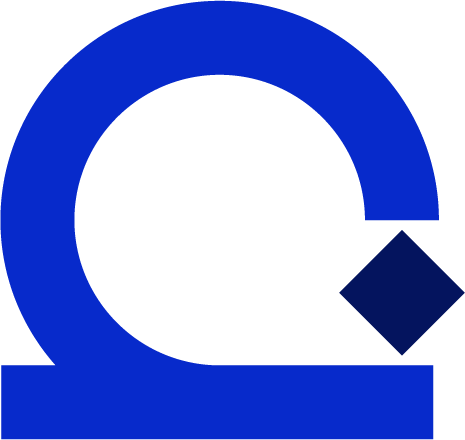- February 19, 2023
- Posted by: Mohammad Alizadeh
- Categories:

Sukuk is a term used in Islamic finance that refers to Sharia-compliant financial certificates. Sukuk represents a form of ownership in an underlying asset, project, or business venture. The issuer of the sukuk sells an investor a certificate, which represents a proportionate ownership interest in the underlying asset. The investor then receives a share of the profits generated by the asset, as well as a return of their principal investment.
Sukuk is commonly used to finance large infrastructure projects such as highways, airports, and power plants. It is also used to finance Islamic banking transactions and other business ventures. Sukuk provides investors with a way to participate in the growth of an underlying asset, while adhering to Islamic finance principles that prohibit the charging or paying of interest.
Sukuk can be structured in various ways, such as mudaraba, musharaka, or ijara. Mudaraba sukuk involves the issuer acting as the mudarib (entrepreneur), while the investor acts as the rabb-ul-mal (capital provider). The profits generated by the underlying asset are shared between the issuer and the investor based on a pre-agreed ratio. In musharaka sukuk, the issuer and investor act as partners in the underlying asset, with the profits and losses shared according to their proportionate ownership interests. Ijara sukuk involves the issuer leasing an asset to the investor, with the rental payments representing the return on investment.
Sukuk has become an increasingly popular financing tool in the Islamic finance industry. It allows investors to participate in Sharia-compliant investments, while also providing issuers with access to a wider pool of capital. Sukuk has been used to finance projects in various countries around the world, including Malaysia, Saudi Arabia, and the United Arab Emirates. However, as with any investment, it is important for investors to conduct proper due diligence and assess the risks associated with investing in sukuk before making any investment decisions.
